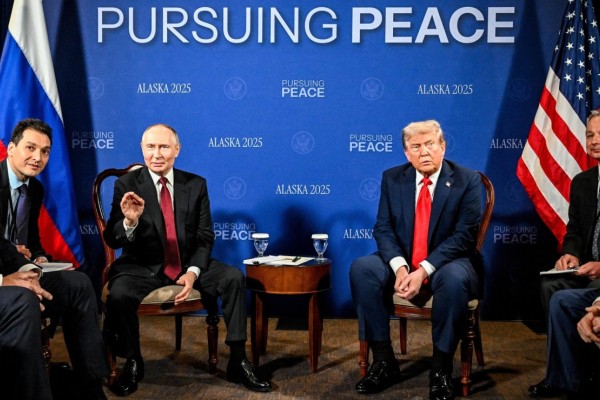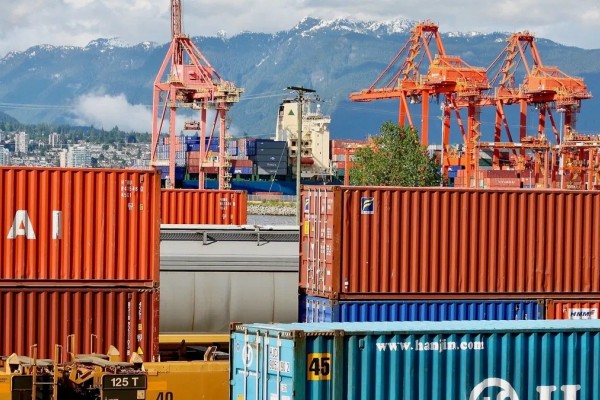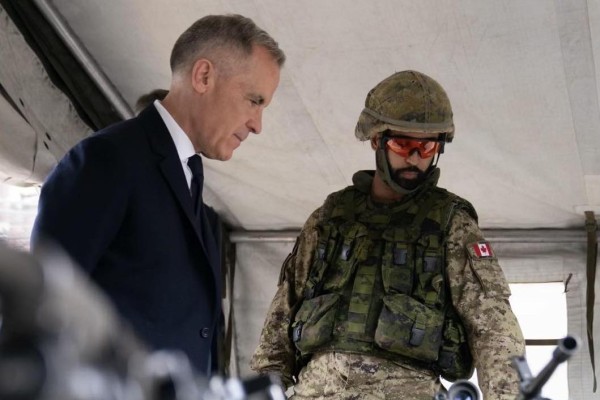-

Squaring an impossible circle of peace and insecurity in Ukraine
Despite a flurry of diplomacy, peace in Ukraine remains elusive. Trump’s shift toward talks-before-ceasefire has deepened divisions with Zelensky and Europe, while Russia and Ukraine remain locked in irreconcilable demands. Each side’s security guarantees translate into insecurity for the other, leaving negotiations stalled and the war grinding on.
-

A Real American without a country
Once the embodiment of American wrestling glory, Terry “Hulk Hogan” Bollea died a month ago, effectively in exile. Once cheered as a patriotic hero, he fell from grace through scandals, backstage politicking, and cultural shifts. His downfall mirrors how America has, in unsettling ways, come to resemble the hero it turned on.
-

Why the Trump-Putin summit is unlikely to ‘ripen’ peace in Ukraine
The Trump-Putin summit in Alaska isn’t expected to bring peace to Ukraine, writes Paul Robinson. Russia feels it’s winning, Ukraine refuses to give up land, and US weapons support is winding down. With no clear plan either side can agree on, the gap remains wide, so while the talks may open dialogue, a real breakthrough looks unlikely.
-

Forget free trade
When compared to price that Canada is already being asked to pay, the cost of walking away from a trade agreement with the US is not so high. Free trade with the US was always a mixed bag. The original Canada-US free trade agreement cost Canada hundreds of thousands of manufacturing jobs, and left Canada economically dependent on the US.
-

America’s 25-year tax cutting and fiscal train wreck
All the talk from the media, economists, and government officials about Trump’s tax cuts stimulating the real economy—boosting wages, jobs, and investment—is simply economic hype. The 2018 cuts didn’t deliver, just like those under Obama and Bush before him. Trump’s current bill won’t be any different. Fiscal and monetary policy in the late neoliberal era are failing.
-
_600_400_90_s_c1.jpg)
What is BRICS and where is it going?
The success of the BRICS project does not signal an overthrow of capitalism as a global system, but it does mark a shift away from Western dominance. It reflects a broader push for greater national sovereignty among countries in the Global South. The 2025 BRICS summit underscored that the center of gravity in the global economy is moving steadily southward.
-

Carney caves to Trump and the tech industry
Digital services taxes have long been a target of the US tech industry. As multinational tech giants grow dominant in markets around the world, governments have introduced these taxes to address a glaring issue: despite generating substantial revenues abroad, these companies often pay minimal tax by shifting profits to low-tax jurisdictions.
-

Gaslighting the way to World War III
Are we so morally bankrupt that we will allow Netanyahu’s cynical maneuver, an act of naked aggression in flagrant breach of international law, to divert us from our responsibilities to end Israel’s genocide in Gaza? From the first responses of Western political leaders, it would appear that the answer to this question is unfortunately an unhesitating and emphatic yes.
-

Shoring up Canada’s economic sovereignty
To hear a Liberal prime minister speak so sceptically about free trade would have been unthinkable just months ago, but Donald Trump’s trade war is an occasion for assessing what kind of industrial policy Canada should pursue. Greater economic nationalism benefitted Canada in the past. Maybe it’s time to chart a new course.
-

Carney’s military buildup benefits the US, not Canada
Carney’s foreign policy stance reflects a broader trend: in an era of renewed great-power competition, Canada’s political and economic elite have chosen to deepen their alignment with the US—an increasingly unstable global power. This posture not only risks escalating international tensions but also carries serious consequences for people living in Canada.



